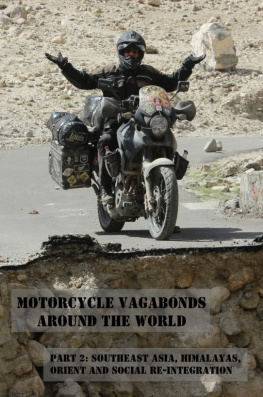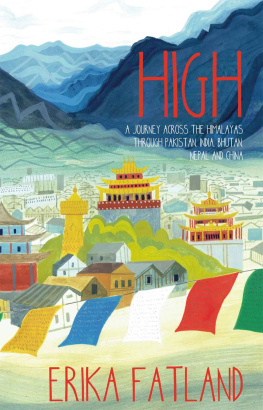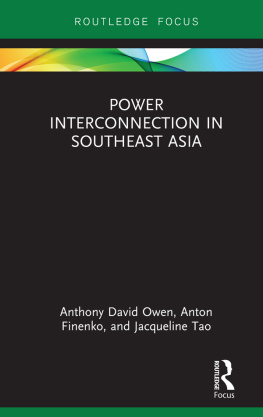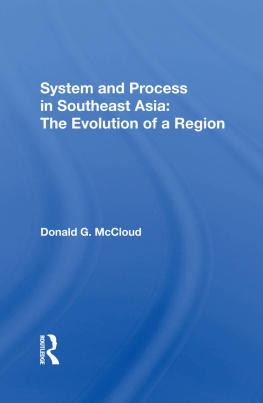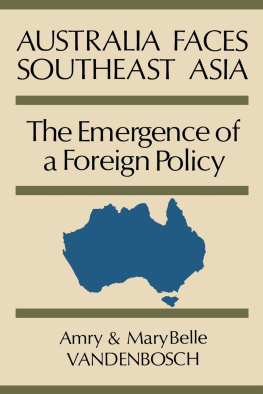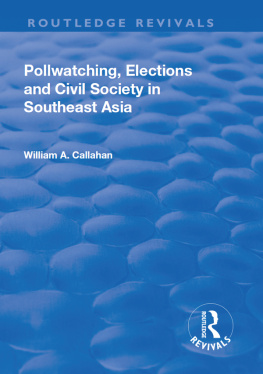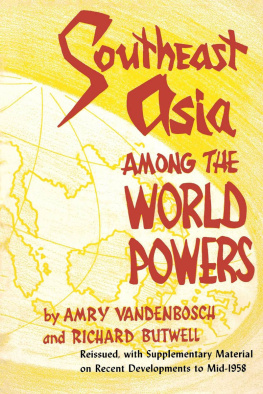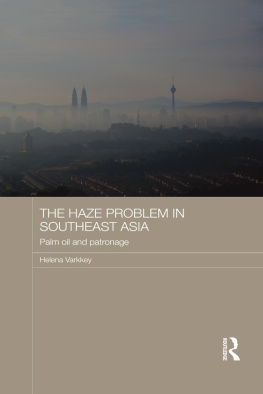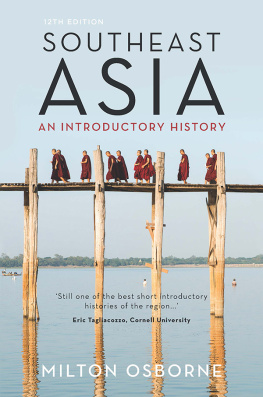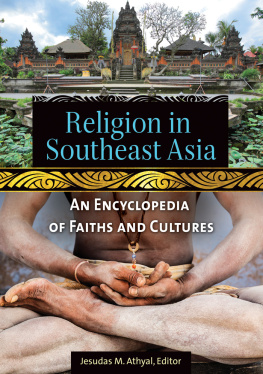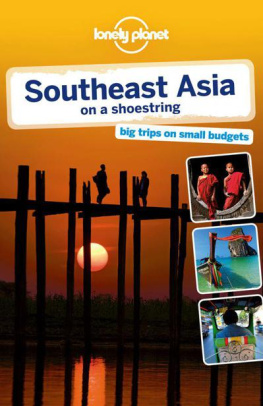Motorcycle Vagabonds
Around the World
Part 2: Southeast Asia, Himalayas,
Orient and Social Re-Integration
Copyright/Author:
Frank Panthfer
aka Motorcycle Vagabonds
Venloer Str. 601
50827 Kln(Cologne)
Germany
www.motorcycle-vagabonds.com
Translation: Janna Ernestitani
www.dontbelievethetypeva.com
Table of Content s
An Iron Fist Closes Around our Hearts
An iron fist closes around our heart when westop at the sign of Simones hometown. The adventure of our livesis over! Three and a half years of travelling around the world arenow history. As much as we are looking forward to reuniting withfamily and friends, we find it difficult to play down the upcomingpanic that sets in when thinking about an uncertain future in ourhome country. When we set off once upon a time, we felt quiteadventurous, as ultimately we had brought up the courage to quitour jobs, flats, and so on and exchanged our secure andwell-established life for one full of uncertainty, challenges anddeprivation. However, it now seems that we might require a lot morecourage for our return than we needed for our departure.
One and a half years ago we werent onlygeographically far away from this point. We looked, filled withlonging, from Northern Australia into the direction of Asia, ascene, which also marked the end of our first book.
While it was clear to us at the time thatour journey around the world would come to an end one day, thisfact seemed to lie in the indefinite distance. Deep in our heartsit felt like we could ride on forever. Nevertheless we suspectedthings would become tougher from now onward, as we expected thechallenges and risks to increase considerably in the Himalayas andin the Orient, that the bikes and our equipment would most likelybreak more often due to their old age and their extreme use, andalso very, very vaguely the spectre of our return and socialre-integration was already looming on the horizon. Yet it was easyto just blink it away. Yet for now
Welcome to the State of Emergency
When we step off the plane in Dili, the capital ofEast Timor, after an hour of flight time only, the change ofscenery couldnt be more drastic. This is a completely differentworld to Australia, which we vagabonded through over the last fewmonths. The Repblica Democrtica de Timor-Lesteis a small and young country. UN vehicles and employees ofinternational aid organisations characterise the city and havehelped to increase the price level within the small republic tounnatural heights due to their purchasing power. East Timor is apretty hot patch compared to its Asian neighbouring states. To top off the clich about the country, a US warship is lying off the coast, serving as a base for fightinghelicopters, which constantly rattle over the city. It feels likewe are in a Vietnam War movie, although we perceive it less asthreatening but more as strange. We also secretly feel confirmed inour role as adventurers.
Our motorbikes will still need a week atleast until they arrive via ship, which gives us sufficient time tocalmly absorb and process all the impressions around us. We love toexplore a country at our own pace, and this time our euphoria isespecially high because of the stark contrast to Australia.Wherever you look, you can see freshly caught fish, colourful fruit and vegetable stands. It is a djvu to our time in South America, as there are also dozens of smallmotorbikes competing at petrol stations. The thought that we, too,have to get involved in that shortly, fulfils us with littleanticipation. A few hours later we receive the news that Dili isdry. All petrol stations have run out of petrol, and the nextdelivery is to be expected in a weeks time. We take the bad newswith composure, especially due to plenty of practise in this kind of discipline. Who knows if we evenhave our motorbikes in a week yet and what will await us. Apartfrom that there is always the opportunity to buy petrol in PETbottles pretty much everywhere, which on the other hand has beensmuggled in from Indonesia.
Dili in general and the East TimorBackpackers in particular, which is very popular with motorisedtravellers , are thetypical bottlenecks everybody has to travel through. Besides us,another Swedish and New Zealand motorcycle traveller are waiting for their bikes, which are on the sameship as ours. A few days later a Dutch traveller joins us, who is on his way in the opposite direction. Evenwith good company and merry evenings filled with inspiringconversations, the wait becomes a little more difficult and harderwith each day. The fact that delays are the rule rather than theexception when it comes to shipments, and that the shippingcompany, which has the monopoly for the stretch between Australiaand East Timor, has the reputation of never being on time, is onlythe theoretical side of the coin. The emotional one is characterised with increasingimpatience. Finally ourdearly missed bikes arrive after two weeks. With united efforts we get through theformalities of the shipping company and customs and even manage tofill our tanks amongst the anarchistic petrol pump turmoil. Thecoming weeks will be very exciting with numerous shipments on thirdworld country level, waiting for us along the Indonesian islands,all the way to Malaysia. In addition to this we are wondering towhat extent the rain season, which starts now, will affect theroads and tracks. Flooding, landslides, mud? Who cares, we lookforward to a new continent and to the adventure ahead!
On the Road in East Timor
East Timors answer to Australiasrenowned Great Ocean Road runs east of Dili along the North Coast.That the asphalt road is in bad condition doesnt bother us muchand against potholes and large pieces of missing tarmac in someparts we enjoy the ride. One can see water buffalos pretty mucheverywhere that graze on the harvested rice fields and, on the notso rare occasion, lie lazily in the middle of the road. Basic foodstalls along the rural road invite us to go and try the localcuisine, and we savour offinally being able again to afford culinary experiments. In NewZealand and Australia this was impossible. The water buffalo, whichis a standard ingredient of many inexpensive meals in Timor-Leste,was sold as a speciality inDarwin and was worth gold.
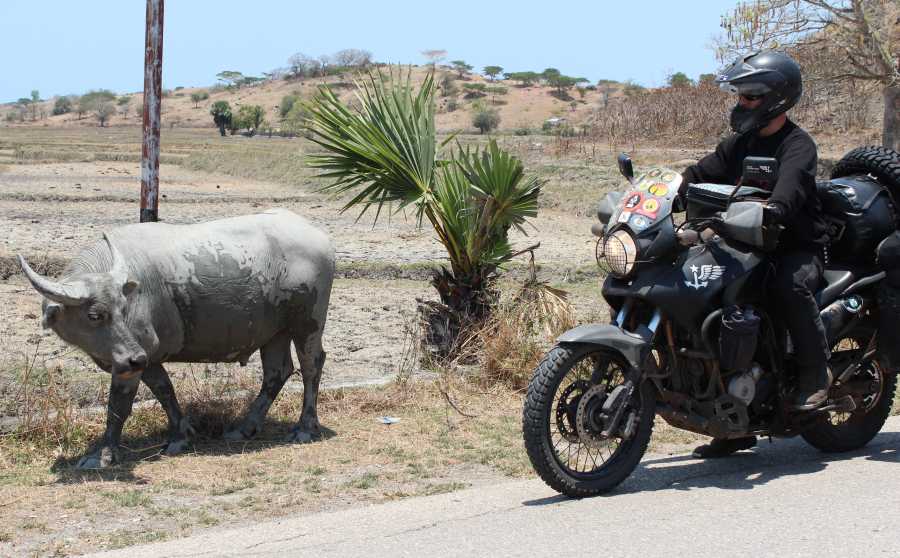
However, today we get grilled fish, and itsfirm and delicious flesh belongs with to the very best we have evereaten when it comes to fish, which is complemented with rice in aartistic natural packaging in the form of banana leaves. Theoverall cost of this simple but very delicious meal is 1 USD perperson.
Despite international development programsthe land is still affected by the challenging times of the last 40years. As unfortunate this might be for the locals, we arefascinated by the charm of many buildings in the colonialstyle.
It never takes us long to be addressed bylocals whenever we stop. Thanks to low tourism, these encountersare characterised with great friendliness andgenuine curiosity. Brash demands for money by local kids arestill no rarity but at least they happen less frequently. Eventoday it doesnt take long until a group of boys circles us, whoare far from shy. Tattoos are tested for their authentication byspontaneous spitting and fingernail resistance attacks to see ifthey rub off. T-shirt arms are lifted to expose further skin artand the entire head of a small explorer disappears in Simones topon his quest for the remaining part of her tattooed snake. Thesedays we laugh a lot. At the end of our encounter we provide ahalf-hour English class with tattoo motifs and a geography lessonwith the help of colourful stickers on our motorbikes. Thequestions by these little vagabonds seem to be endless and we arein awe about their keen perception. If you buy into the chaostheory, such encounters, no matter how short or meaningless theymay seem, could have the power of giving new impulses that maychange human lives.

